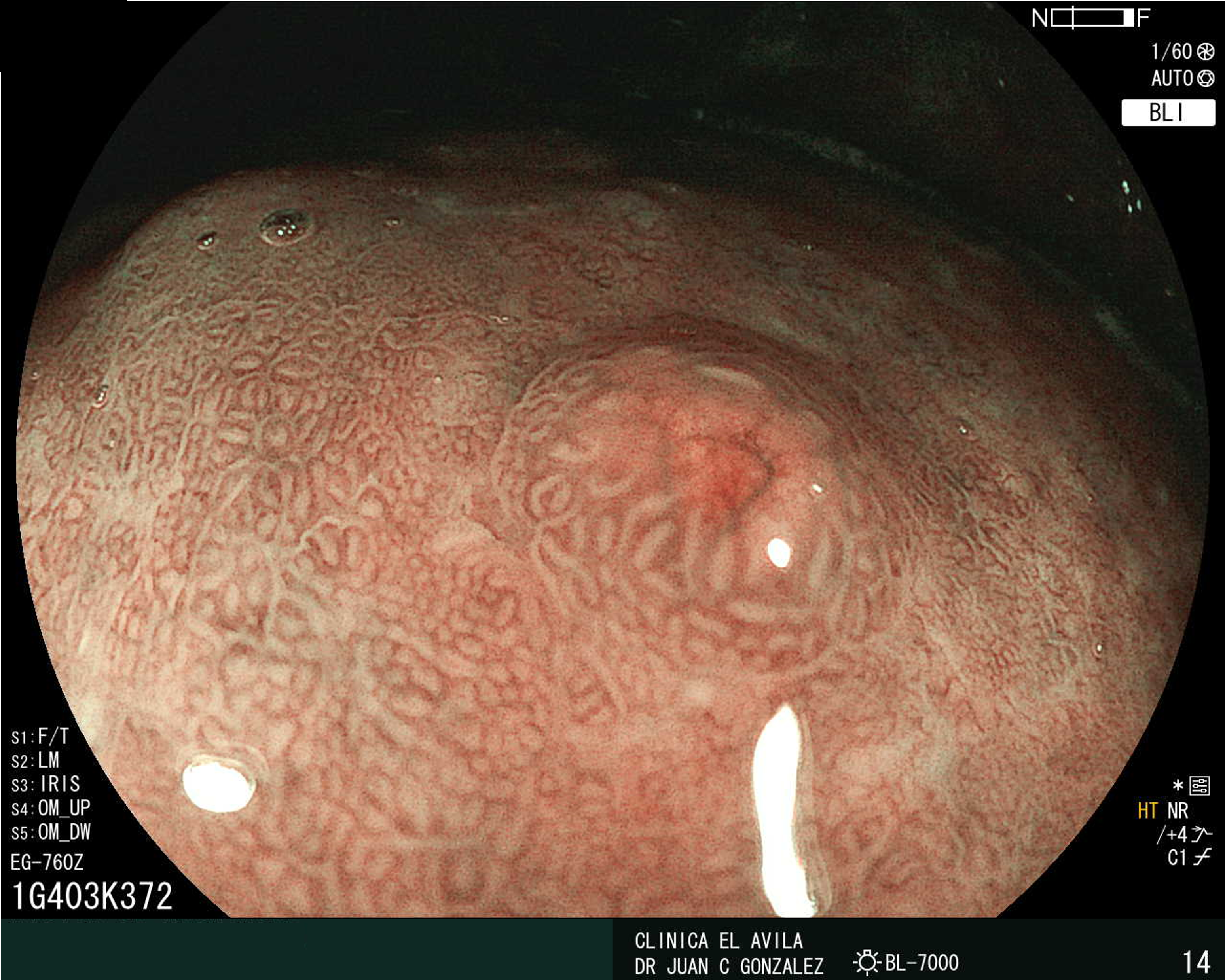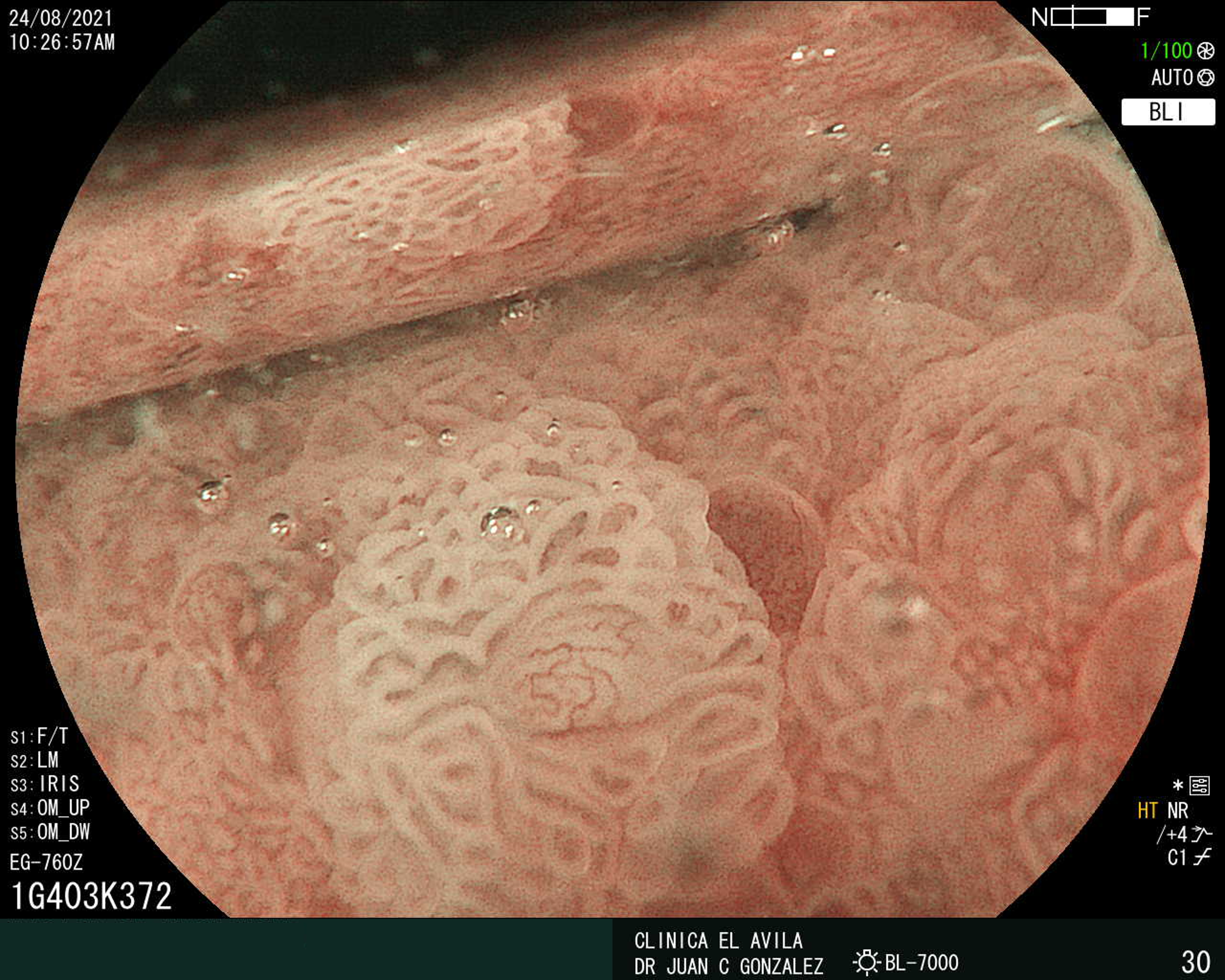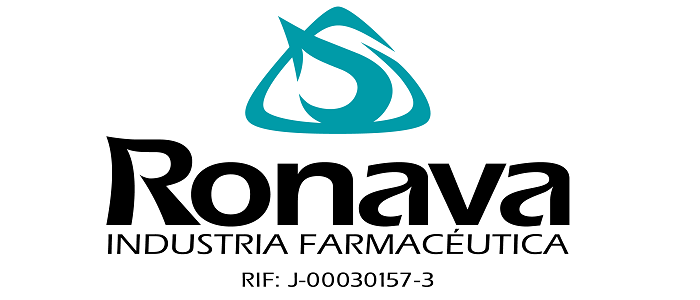Asociación del polimorfismo del gen ICOS (c.1564 t/c) con hepatitis autoinmune tipo 1 en población mestiza venezolana
Resumen
Introducción: Un evento inmunopatológico característico en la hepatitis autoinmune (HAI) es la activación prolongada de la respuesta Th1. Diferentes promotores genéticos pueden predisponer a esta activación provocando ruptura de la inmunotolerancia. Uno de estos promotores es ICOS perteneciente a la familia de CD28, moléculas involucradas en funciones que regulan las respuestas Th1 y Th2 previniendo la activación prolongada de la respuesta Th1.
Objetivo: Determinar el polimorfismo del gen ICOS (c.1564 T/C) en pacientes mestizos venezolanos con HAI tipo 1 y su posible asociación con la expresión clínica.
Materiales y Métodos: Se investigaron 70 pacientes con HAI tipo 1 y 121 individuos sanos, ambos grupos venezolanos de tercera generación. La determinación del polimorfismo se realizó mediante reacción en cadena de la polimerasa (PCR) seguida por polimorfismos en la longitud de los fragmentos de restricción (RFLP).
Resultados: El alelo silvestre T fue el más frecuente tanto en pacientes como en controles siendo mayor en el segundo grupo (60,7% vs 70,4%; p=0,05; pc=ns OR 1,45 p<0,05). El alelo mutado C se observó más en los pacientes con respecto al grupo control (39,3% vs 29,6%; p=0,05; pc=ns OR 1,45 (p<0,05). En las frecuencias genotípicas, se demostraron los genotipos heterocigotos (T/C) y homocigotos para el alelo mutado (C/C) más prevalentes en el grupo de pacientes que en controles y el genotipo silvestre T/T más frecuente en controles que en pacientes siendo estas diferencias significativas al 10% (χ2=5,31;2GL;p=0,07); OR 2,08 (p<0,05). Los pacientes con el genotipo heterocigoto demostraron niveles más elevados de globulinas, de IgG y mayor presencia de anticuerpos anti-mitocondriales que los observados en el genotipo T/T con diferencia estadística significativa al 10%. Además, se observa menor presencia de anticuerpos antinucleares en el genotipo T/C vs. T/T (p<0,10; pc=ns).
Conclusiones: En el estudio del polimorfismo del gen ICOS (c.1564 T/C) los genotipos heterocigoto T/C y homocigoto mutado C/C son más frecuentes en pacientes mestizos venezolanos con HAI tipo 1 que en controles con riesgo significativo. Este polimorfismo se asocia a ciertas variables inmunodiagnósticas.
Palabras clave
Texto completo:
PDFReferencias
Czaja AJ, Donaldson PT. Genetic susceptibilities for immune expression and liver cell injury in autoimmune hepatitis. Immunol Rev 2000;174:250-259.
Senaldi G, Portmann B, Mowat AP, Mieli-Vergani G, Vergani D. Immunohistochemical features of the portal tract mononuclear cell infiltrate in chronic aggressive hepatitis. Arch Dis Child 1992;67:1447-1453.
Donaldson PT. Genetics in autoimmune hepatitis. Semin Liver Dis 2002;22:353-363.
Fortes MP, Machado IV, Gil GC, Fernández-Mestre M, Dagher L, León R, Bianco N.E, et al. Genetic contribution of major histocompatibility complex class II region to type 1 autoimmune hepatitis susceptibility in Venezuela. Liver Internat 2007;27:1409-1411.
Vergani D, Mieli-Vergani G. Autoimmune Hepatitis. Autoimmunity Reviews 2003;2:241-247.
Hulfoff A, Dittrich AM, Beier KC, Eljaschewitsch B, Kraft R, Anagnostopoulos I et al. ICOS is an inducible T-cell co-stimulator structurally and functionally related to CD28. Nature 1999;397:263-266.
Salomon B, Bluestone JA. Complexities of CD28/27:CTLA-4 costimulatory pathways in autoimmunity and transplantation. Ann Rev Immunol 2001;19:225-252.
Sperling AI, Bluestone JA. ICOS costimulation: It's not just for TH2 cells anymore. Nat Immunol 2000;2:573-574.
Rulifson IC, Sperling AI, Fields PE, Fitch FW, Bluestone JA. CD28 costimulation promotes the production of Th2 cytokines. J Immunol 1997;158:658-665.
Dong C, Juedes AE, Temann UA, Shresta S, Allison JP, Ruddle NH, Flavell RA. ICOS co-stimulatory receptor is essential for T-cell activation and function. Nature 2001;409:97-101.
Aoki N, Kido M, Iwamoto S, Nishiura H. Dysregulated Generation of Follicular Helper T Cells in the Spleen Triggers Fatal Autoimmune Hepatitis in Mice. Gastroenterology 2011;140:1322-1333.
Oertelt S, Kenny T, Selmy C, Invernizzi P, Podda M et al. SNP analysis of genes implicated in T cell proliferation in primary biliary cirrhosis. Clin Dev Immunol 2005;12:259-263.
Haimila KE, Partanen JA, Holopainen PM. Genetic polymorphism of the human ICOS gene. Immunogenetics 2002;53:1028-1032.
Daniel, W. Bioestadística. Base para el Análisis de las Ciencias de la Salud. Editorial Limusa-Wiley. 4ta edición. México, 2002;228-255.
Svejgaard A, Ryder LP. HLA and disease associations: detecting the strongest association. Tissue Ant 1994;43:18-27. [ Links ]
Hammer O, Harper DAT, Ryan P. PAST: Paleontological Statistics Software Package for Education and Data Analysis. Palaeontologia Electrónica 2001;4:9. http://palaeo electronica.org/2001_1/past/issue1_01.htm.
Kaartinen T, Lappalainen J, Haimila K, Autero M, Partanen J. Genetic variation in ICOS regulates mRNA levels of ICOS and splicing isoforms of CTLA-4. Mol Immunol 2007;44:1644-1651.
Buchel E, Van Steenbergen W, Nevens F, Fevery J. Improvement of autoimmune hepatitis during pregnancy followed by flare-up after delivery pregnancy in autoimmune hepatitis. Am J Gastroenterology 2002;97:3160-3165.
Malhotra B, Malhotra N, Deka D, Takkar D. Immunosu ppressive effect of pregnancy on autoimmune hepatitis: a case report and review of literature. Eur J Obstet Gynecol Reprod Biol. 2002;101:91-92.
Sykes L, MacIntyre D, Yap X, Teoh T, Bennett P. The Th1:Th2 Dichotomy of Pregnancy and Preterm Labour. Mediators Inflamm 2012;:9:67-69.
DOI: http://dx.doi.org/10.61155/gen.v67i4.161
IMÁGENES GEN
| Figura 1. Tumor Neuroendocrino Gástrico | Figura 2. Hiperplasia de Células Neuroendocrinas en estómago |
 |  |
 |  |  |
ISSN: 0016-3503 e-ISSN: 2477-975X










